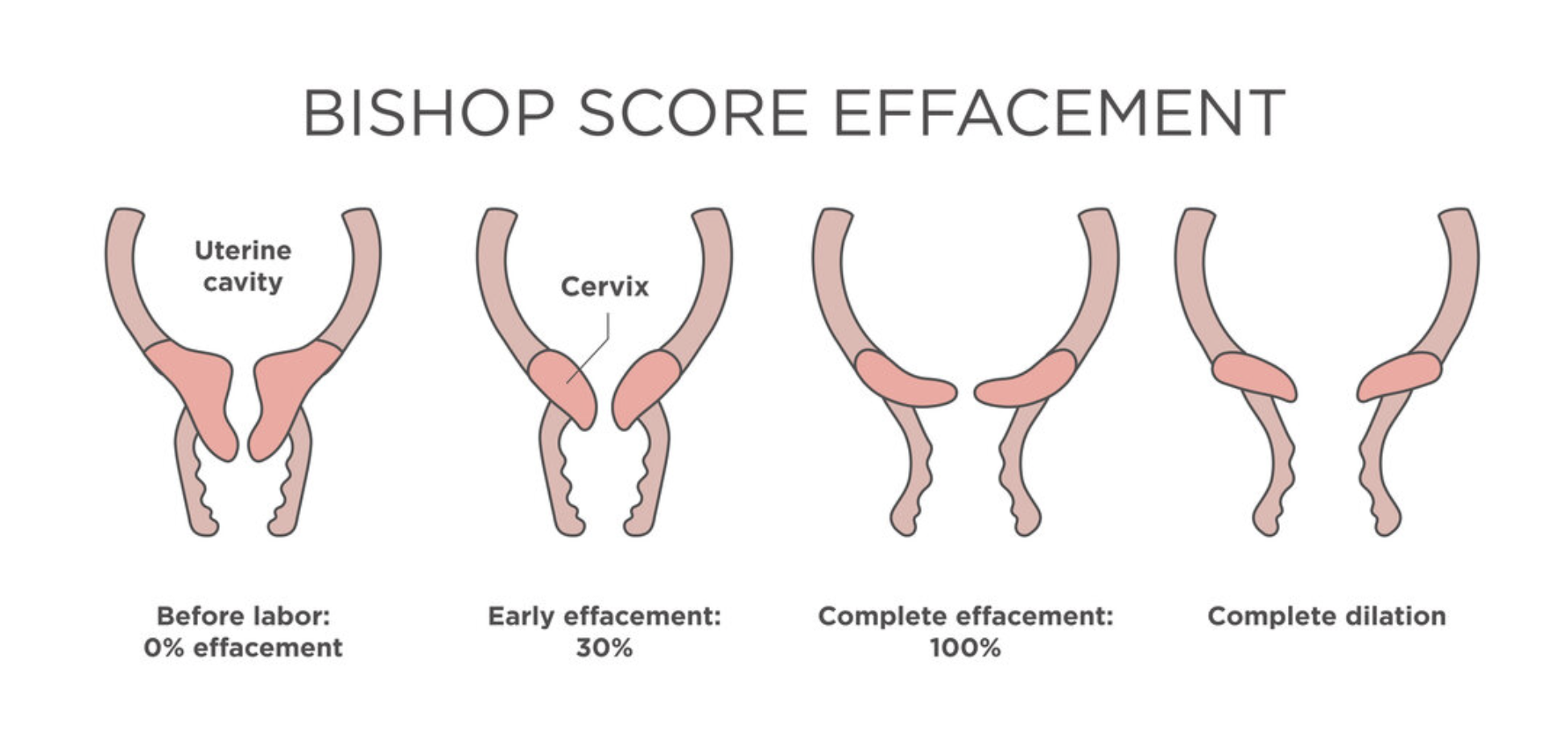
DoulaCare Blog.
A collection of articles on pregnancy, birth and parenting - with a collection of stories from other mothers on their birth experiences. We have helpful tips for people preparing for a birth and interesting tips for new and existing parents. It’s all a journey, and we are here to help you!
We are still moving our Blog & Jen’s Diary to this new site - visit them in the DoulaCare Archive
- Antenatal Checks 2
- Baby Care 1
- Babywearing 1
- Birth 3
- Birth Doula 4
- Birth Doula Support 4
- Birth Story 2
- Bishop Score 1
- Breastfeeding/Chestfeeding 1
- Caesarean Birth 2
- Doula Agency 6
- Doula Support 8
- DoulaCare Ireland 9
- Early Parenting 3
- GentleBirth 1
- Home Birth 2
- Hospital Birth 2
- Hypnobirthing 1
- Induction 1
- Infant Feeding 2
- Irish Birth 2
- Irish Doula 4
- Labour and Birth 5
- Maternity 2
- Mindset 2
- Natural Birth 1
- New Baby 2
- New Mums 3
- New Parents 2
- Poem 1
- Postpartum 6
- Postpartum Exercise 1
- Pregnancy 6
- Second Time Mum 1
- VBAC Birth 1
- What to Expect 1
Top 5 Tips for Successful Breastfeeding or Chestfeeding during Covid 19 Restrictions
Top 5 Tips for successful Breastfeeding or Chestfeeding
The Amazing Steps your Cervix takes in Labour
Many pregnant people hear stories of long labours. Especially in first time parents. Heading to the hospital to get checked, to be told they are “only” 1cm dilated. This blog will explain the many factors involved in early labour and how cervical dilation is only one part of the process.
Firstly, remember that other labour experiences are not your experience. No two labours will ever be the same.
10 Items you already have at home that can help in labour.
It may be more challenging right now than it usually would be, to get all the things you might have on your birth toolkit. But rest assured, there are many items you probably already have at home that can be really helpful in early labour.
Gestational Diabetes (GD)
Diabetes happens when too much glucose (sugar) stays in the blood instead of being used for energy. When diabetes develops in pregnancy, it is called gestational diabetes. It is one of the most common medical conditions in pregnancy.
Starting your baby on solids - tips from a dietician.
Somewhere around six months, your baby reaches a stage where they must learn to eat and complement the nutrition they get from milk with nutrition from other foods, but there’s no rush. However, that won’t stop everyone, from your next-door neighbour to your great aunty Margaret having an opinion on it!
What happens when your waters break?
In the early weeks of pregnancy, the amniotic fluid is mostly water that comes from your body. After about 20 weeks of pregnancy, your baby’s urine makes up most of the fluid. Amniotic fluid also contains nutrients, hormones and antibodies.






